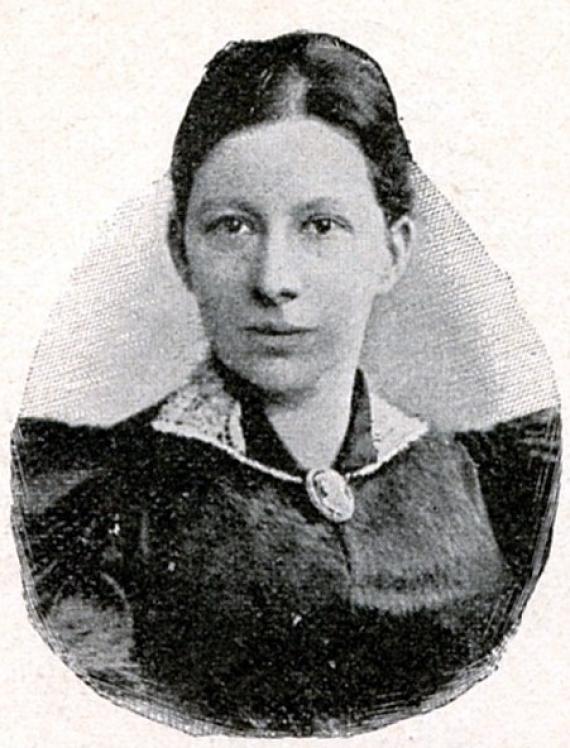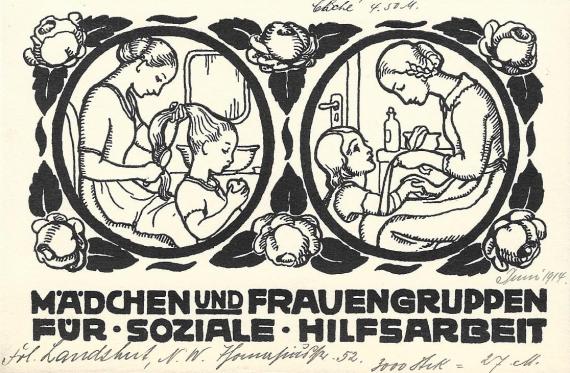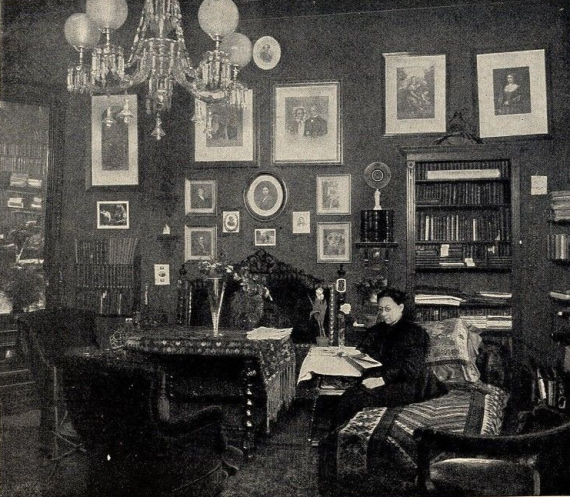Friedrichsgracht/Schloßplatz 1
10178 Berlin
Germany
Jeanette Schwerin (née Abarbanell) was born into a socially committed, wealthy Jewish family in Berlin on November 21, 1852. She attended the Academy for the Scientific Education of Young Ladies and took courses in economics and history at university. In 1872, she married the doctor and medical officer Ernst Schwerin, and their Berlin apartment became a center of cultural life.
In 1888, Schwerin joined the "Frauenwohl Groß-Berlin" association. Her goals: to improve the living and working conditions of women and girls and to allow women to work in public welfare. She wanted to help people help themselves and also integrate women into poor relief on an equal footing, as she had recognized that the inefficient system of poor relief was based on the legal discrimination of women in socially relevant areas. At the same time, social commitment could become a tool of emancipation.
In 1893, Schwerin was a founding member of the "Girls' and Women's Groups for Social Aid Work", which she led from 1897. Here, middle-class women and girls were able to devote themselves to the social problems caused by industrialization. In order to prevent misguided charity, Schwerin imparted the necessary theoretical knowledge in a lecture cycle in 1895/96, which she developed into an annual course in 1899. Schwerin's combination of practical and theoretical training laid the foundation for the professionalization of social work, and her conception of the annual course is still the basis of the course today.
Also in 1893, Schwerin took over the leadership of the welfare commission in the "German Society for Ethical Culture" (DGeK), which was founded in 1892. She professed Judaism, but saw the social responsibility of society as an interdenominational task.
Schwerin took on a moderate, mediating role in the women's movement. She propagated sisterly cohesion and rejected class struggle. In speeches, publications and petitions, she tirelessly pointed out social grievances and became a sought-after speaker at home and abroad. Alice Salomon went from being her pupil to her right-hand woman and eventually her successor.
Jeanette Schwerin died on July 14, 1899. She did not live to see the flowering of what she had sown in such a short time.
Author: Filiz Çakır



Add new comment